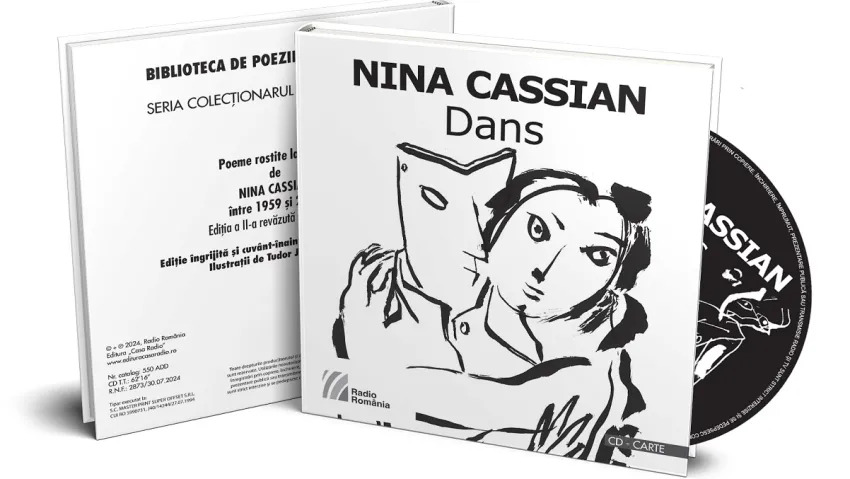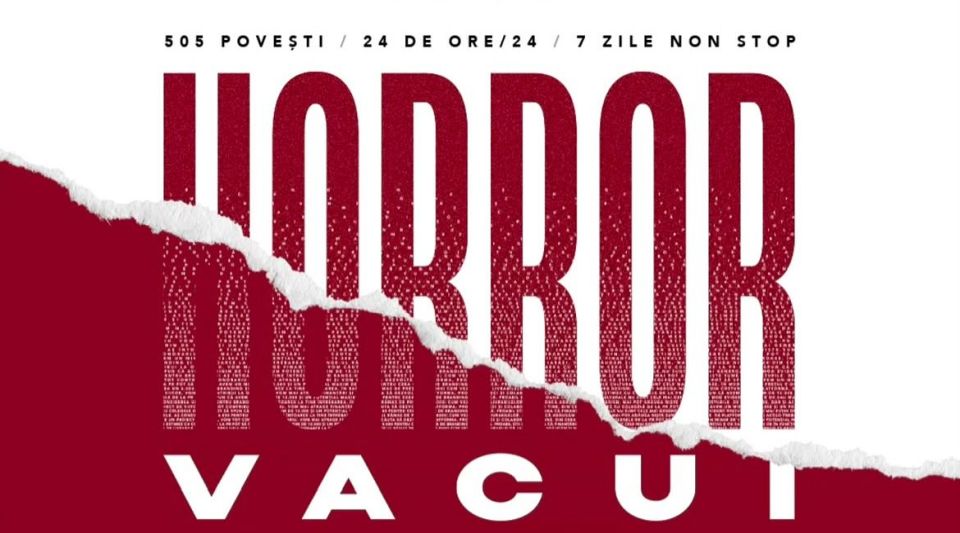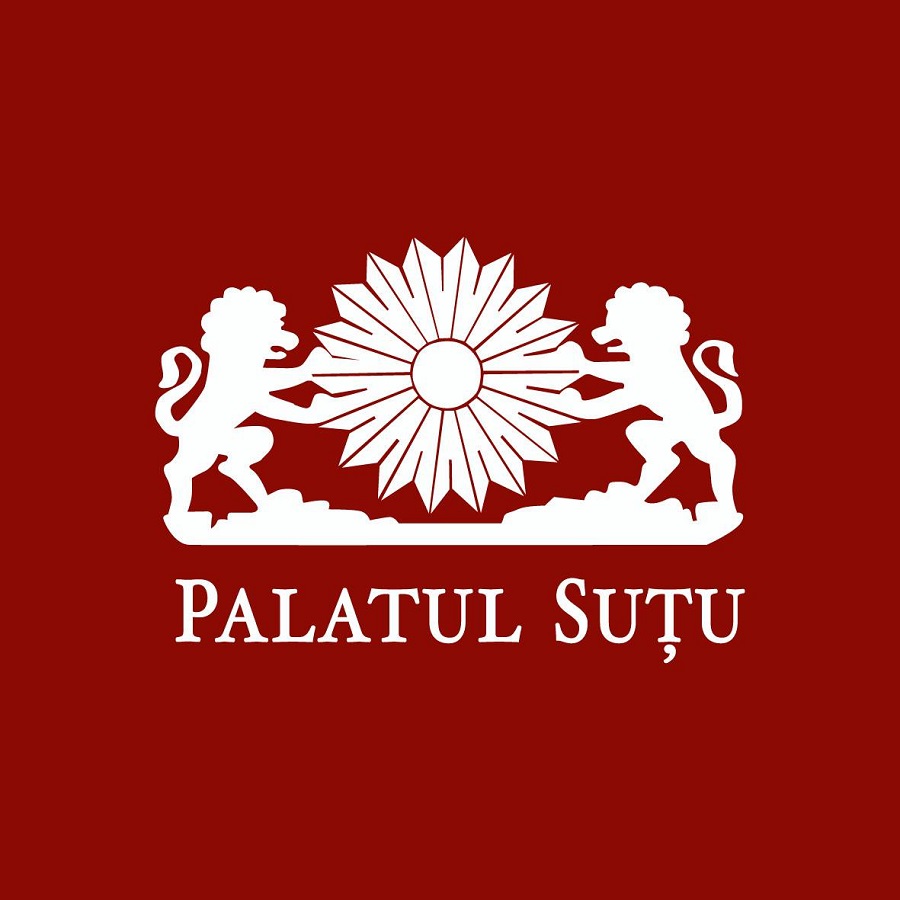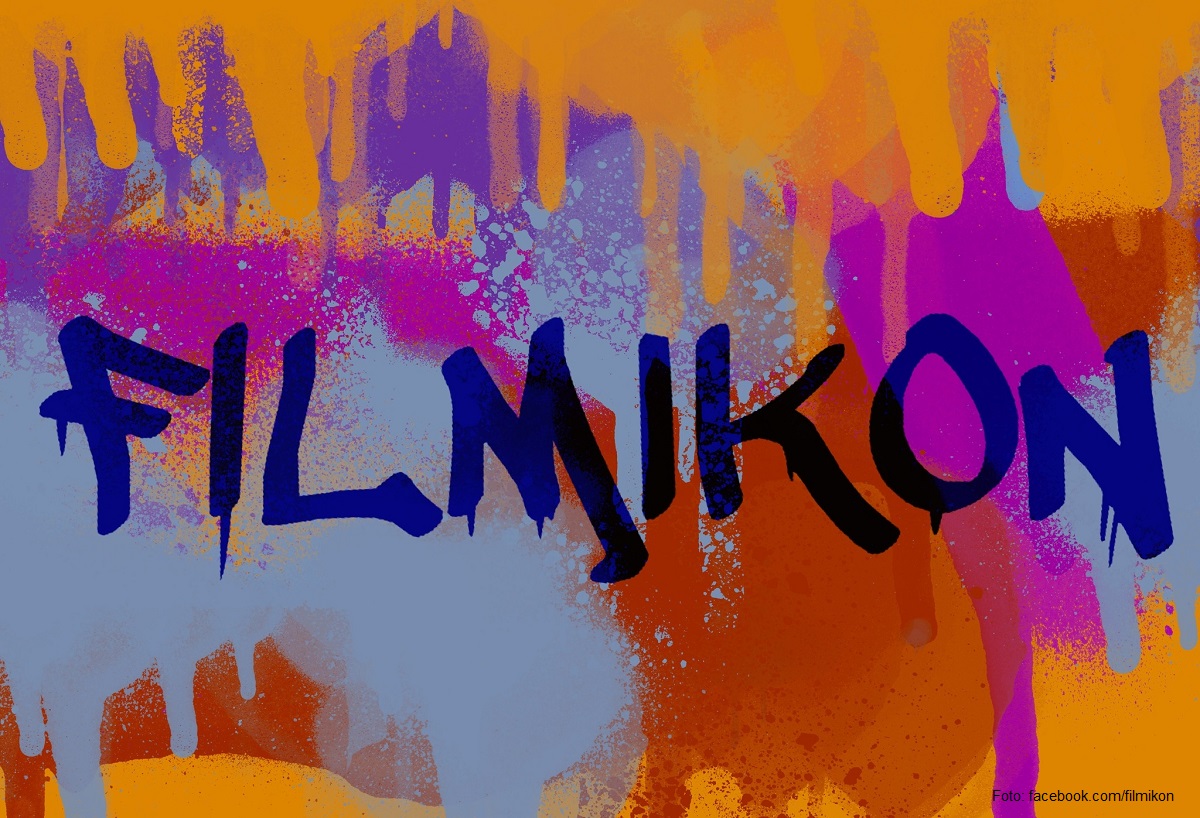“To the North”, a Romanian psychological thriller, inspired by real events
The film received the Bisato d'Oro Film Critics Award at the 79th edition of the Venice International Film Festival
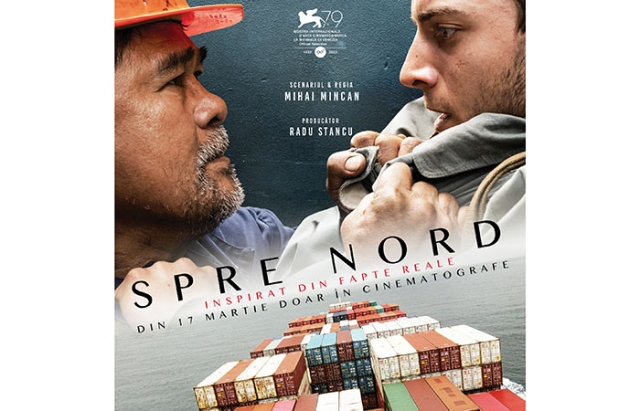
Corina Sabău, 12.08.2023, 14:00
To the North, the debut feature film of director Mihai Mincan, which received the Bisato d’Oro Film Critics Award at the 79th edition of the Venice International Film Festival in the Venice Orizzonti section , dedicated to films that launch new aesthetic and expressive trends in cinema, has been recently released in Romania. The film also won the Audience Award at the Les Films de Cannes à Bucarest festival, which reached its 13th edition last year. Seen as a psychological thriller, To the North, represents one of the most ambitious productions of Romanian cinema in recent years. The project is a co-production of five countries: Romania (deFilm), France (Remora Film), Greece (Studio Bauhaus), Bulgaria (Screening Emotions) and the Czech Republic (Background Films). The action is set in the year 1996 and takes place on a cargo carrier crossing the Atlantic Ocean, on its way to America. On that ship, Joel, a faithful Filipino sailor discovers a Romanian passenger who boarded illegally. Knowing that the young man is at risk of being thrown overboard if discovered by the captain or officers, Joel tries to save him. The film’s script, written by Mihai Mincan in 2016, is inspired by a real event that happened in the 1990s, when some Romanians tried to reach America hidden in a cargo carrier.
Mihai Mincan: Although I wrote the script 20 years later, that incident told me a lot about the world I was living in, about that moment. It seemed that even though 20 years had passed between the events, the world had actually changed very, very little. I was less interested in the topic of migration. Instead, I was interested in notions like Fear, the Unknown, especially the Unknown, which can take on the appearance of another human. I was also interested in understanding the situation in which the respective characters find themselves, having to put their lives in the hands of an unknown person. Those were the notions, the catalyzing questions for me, the ones I had in mind when I started writing the script. Because, starting from that real fact of 1996, it seemed to me that, in fact, I am talking quite a lot about 2016, a year with many terror attacks. In 2016 there were terror attacks in Brussels, then there was an attack in Nice. A lot of people died that year because of terror attacks caused primarily by religious differences. At that moment I felt that the world around me was almost on the verge of collapse.
A bold and unflinching depiction of the situations that can occur in international waters. A story about moral choices, kindness and compromise, courage and fear. A story that gets you thinking even after the end credits, the publication Intoscreens wrote about the film.
Mihai Mincan: This moral relativity that we practice in relation to other people is difficult, and the cultural differences among the characters in the film make it even more difficult. These differences between the characters, their very different social and cultural backgrounds interested me a lot when I started writing the script. Each of us brings into a relationship something different, but at the same time there is always the chance that these differences meet halfway, in concepts like poverty, for example. For the characters in the film, poverty was a common concept, but it was also perceived and understood differently, depending on each culture. I was also very attracted to these differences in language, that prevented people from communicating at a time when communication was vital. I think that if the characters could really talk to each other, speak more clearly about their needs, the situation could have been different. I am not a moral relativist, but I do not agree with the idea that Good and Evil are very vague, that they differ greatly from person to person. However, in the film, the situation makes everything very complicated, the stakes of each character being extremely high.
A very talented team worked on the production: director of photography George Chiper, sound designer Nicolas Becker, sound Mixer Cyril Holtz, music Marius Leftărache, Alesandro Cortini, Nicolas Becker, editing Dragos Apetri. The cast of the film is international, consisting of actors from the Philippines, Taiwan, France, Bulgaria. The main roles are played by the young German-Romanian actor Niko Becker and by Soliman Cruz, a well-known Filipino actor. The dialogues are in six languages: English, Tagalog, Spanish, Romanian, Bulgarian and Mandarin. (EE)

